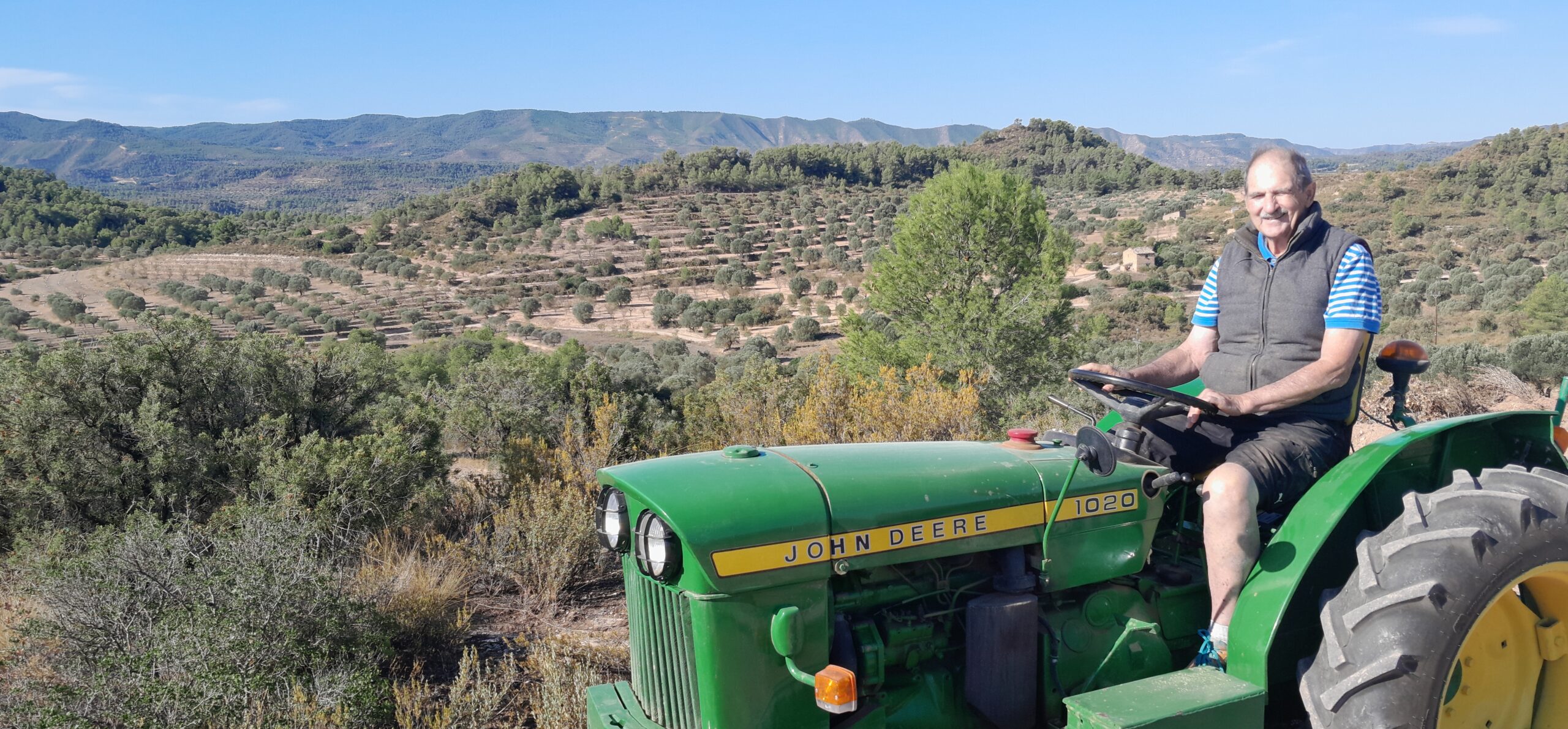The detrimental effects of intensive and hedgerow olive farming are gradually being brought to light. I have recently read an article about how farmers are essentially digging their own grave with intensive agriculture and its insatiable thirst for water. A typical example of this is Las Tablas de Daimiel national park in Castilla La Mancha in central Spain. In this region there was once 50,000 ha of wetlands and now only 3,000 ha remain. Not only has the local wetland been destroyed but the river that has fed this area is now dried up. To combat this, they are now considering piping water from the Tagus river as a solution. However this too presents its own issues: it is located approx 600km from the affected region and is currently over exploited, so much so that it almost dried up four years ago.

This problem dates back to 1970 when the authorities were made aware of the problem and yet failed to address the issue. 50 years later, the results speak for themselves. There is a visible difference in the once diverse landscape with the disappearance of rivers and wetland habitats. All this is the result of intensive practices that have led to disastrous environmental consequences.
According to the OECD (Organisation for Economic Co-operation and Development ), 67% of the countries water is used for agricultural purposes. At the current rate which intensive agriculture systems are progressing, it is predicted that 85-95% of available water will be needed to supply intensive agricultural systems. These figures represent the Spanish region of Murcia, which implies similar if not more worrisome figures in other regions of the country. With this increase in exploitation of water resources, farmers are sucking the life out of the land.
Have we identified the main problem? Looking at the olive industry, many farmers, for financial gain, have turned from traditional to intensive farming methods to increase yield and profitability. This is a short term destructive system and will lead to further desertification of Spain. By retaining the existing traditional farming methods (which have been successful for thousands of years) we are working within the boundaries of the natural resources and long term sustainability.

